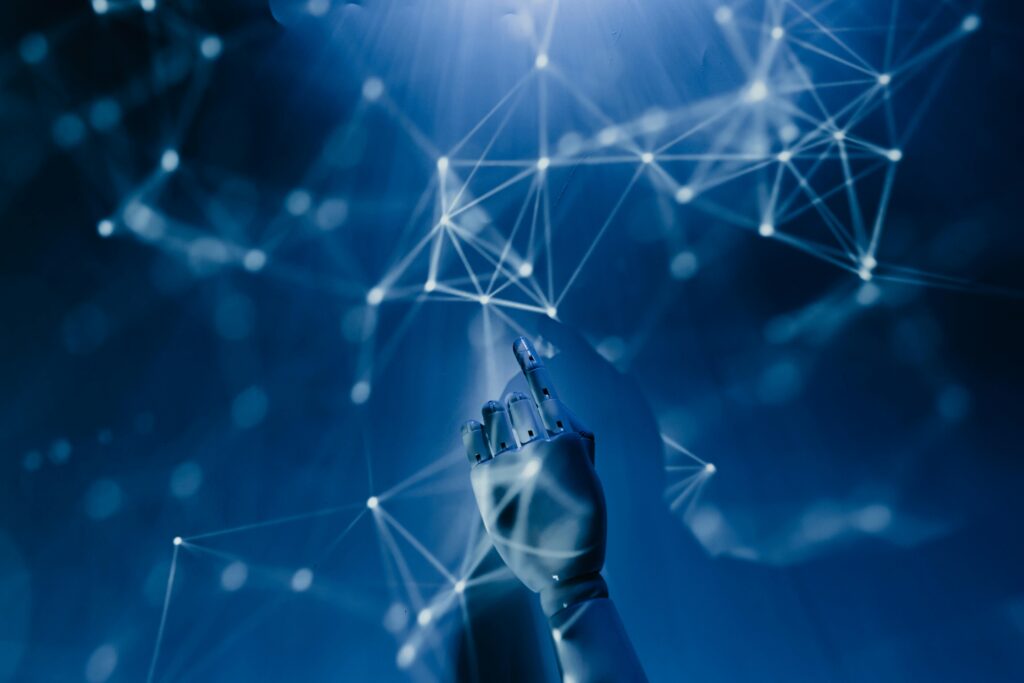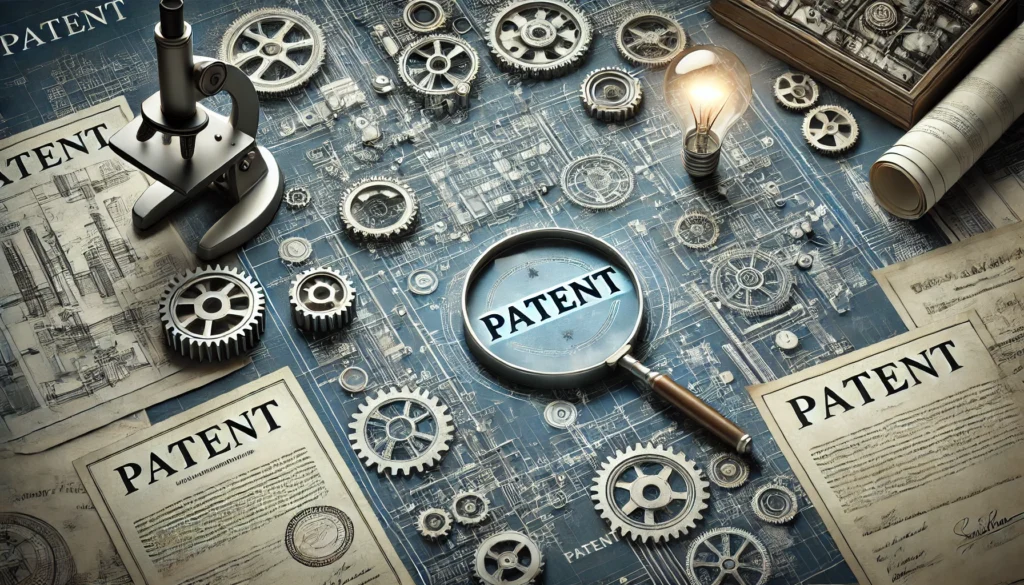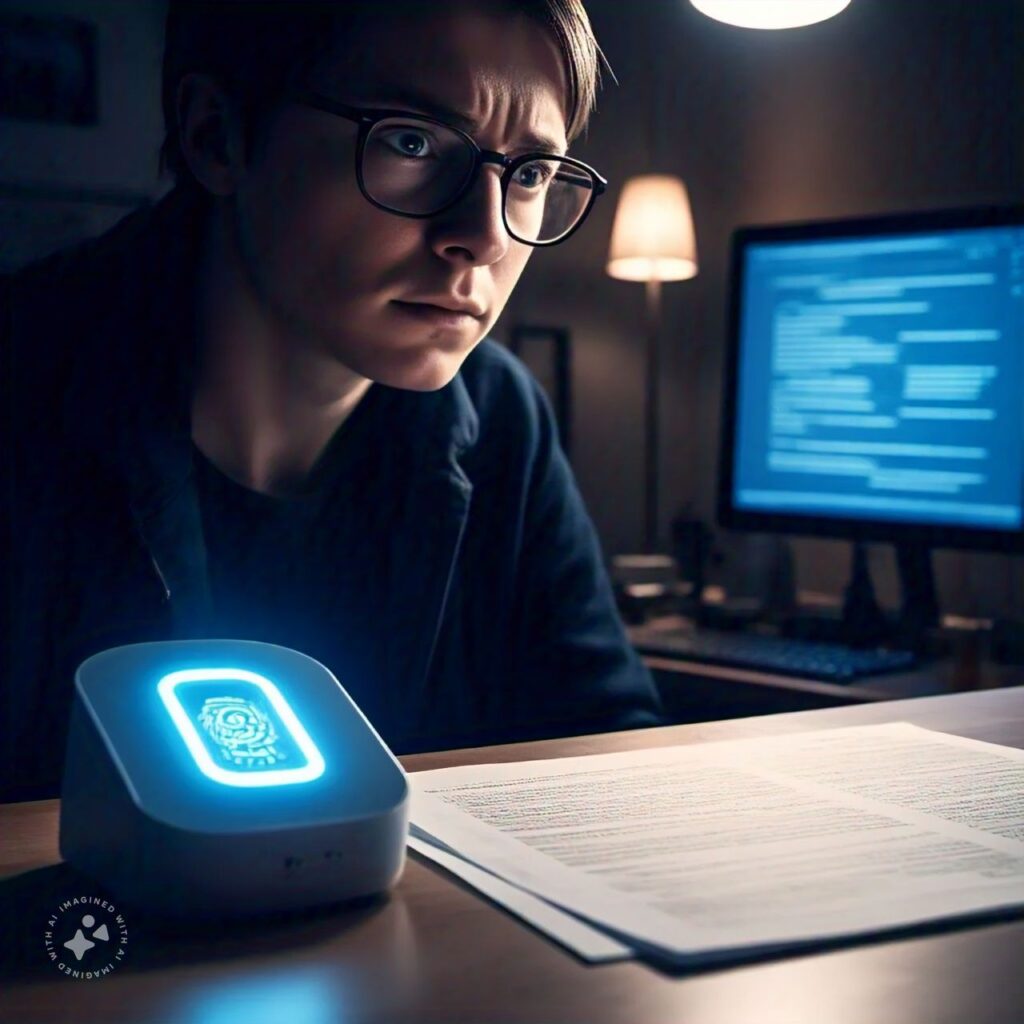Published on 29th July 2025
Authored By: Shivangi Nandi
Amity Law School, Noida (AUUP)
Abstract
The scope of AI has vastly increased and will further grow in the upcoming years. With easy solutions and answers in our hands, this is being used in almost every field including the field of art and creativity. Generating AI content and images have also come up and this leads to the question of, Does AI violate Copyright content? Is AI-generated image legal when such don’t credit the creators or the authors? Is it valid for AI to generate such images without taking prior consent? Who is to be blamed? These are all the complexities this paper will try to delve into and answer.
After all, does AI’s machine learning technology need to be limited to the extent up to which it can generate content or is AI free to generate any content to any extent possible?
Introduction
Recently, there was a massive trend of producing AI generated Ghibli Images through AI platforms, mainly ChatGPT. This reemerged the ongoing issue of Generated AI violating Copyrights of creative creations of Authors. Since the inception of AI till now, there has been a colossal and fundamental shift in the usage of AI and its effects on laws. AI has evolved to the extent of generating almost identical and accurate results on various creative fields of art forms, designs violating the ownership of the author. Adding to which, AI fails to credit the original authors and take permission for usage of such creative creation.
The issues lie on how quickly and easily AI generates such images by copy pasting the exact style and format of the creative style from the internet with absolutely no difference. This leads to the failure to recognize the effort and time taken by the artists to come up with such imagery and the effort spent on gaining ownership over such creation only for AI to violate such within a few minutes.
There have been significant cases filed against AI regarding such infringement. In each of these cases, clarification requires to be made to the extent of what a “derivative work” under intellectual property laws is. The result of these cases is expected to clarify the extent to what a “derivative work” under intellectual property laws is. The result of these cases is expected to deliberate and interpret the fair use doctrine, that allows copyrighted work to be used in a manner that is not intended without the prior permission of the creator.[1] This creates a frustrating situation for the creators who spend hours of their time in such creation for AI to recreate such with such ease without any credits to the owners. This also has become an increase in the factor of demotivation among such creators.
Situation in India
Section 52 of Copyright Act, 1957 deals with the doctrine of fair use which becomes a valid exception to infringe copyrights. However unlike in US, that has a very comprehensive law on fair use doctrine that allows copyrights infringement under four conditions, mainly, intent of use, nature of data, the extent and significance of data used in relation to entirety of copyrighted work and the impact on the value of copyrighted work and market after its usage. In India the scope of this doctrine is very narrow with very limited provisions for such exception making it harder to decipher if AI violates such copyrights or not.[2]
In a recent ongoing debate, The Minister of State for Commerce and Industry Som Parkash stated that India doesn’t need to update its IP Laws in accordance to AI, because existing laws already cover innovations in AI and the use of copyrighted materials to train AI.[3] This debate also followed in favor of copyright owners to protect their work in commercial areas. AI developers and AI models designed to produce commercial work need to take prior permission from the authors of such copyrights.[4] Yet the concern for intellectual property owners lies on the unpaid use of AI generated copyrighted content and images. There have been demands to develop AI in a way that such content and images can be produced only with prior permission such monetary value along with giving credits to the original creators.
Can AI be held liable for infringement of Copyrights?
The courts consider AI as an artificial person. but the law has sometimes recognized nonhuman entities, like companies as having legal rights. In the same way, the law could grant AI legal personhood, making it responsible for things like copyright violations. The users and developers become the personhood for such AI and can be held liable for such violation.[5]
Section 51(a)(i) of Copyright Act, 1957, provides for direct copyright infringement where copyright is deemed to be infringed if any person does anything, without a license from the copyright owner, the exclusive right to do which is, by the Copyright Act, conferred upon the copyright owner. The developer of the AI platform can be held liable for copyright infringement. One must understand though that developer merely trains the AI “how to learn” new content. The AI over time develops and inculcates knowledge based on what users feed into the AI. If the developer takes feasible steps to ensure that AI doesn’t produce content exactly as the original and ensure to copyright violation then they can’t be held liable because they have taken the necessary steps from their end. But, if the AI is specifically trained to produce exactly similar content, mimic the same creation that has copyrighted, then the developer can be held liable for violating copyrights.[6] If the developer is also aware of the fact that the content is violative, yet necessary measures aren’t taken to change such response, they can be held liable. As long as the developer has taken reasonable effort to prevent copyrights infringement form his end, and such infringement happens when users intentionally misuse the model, then it wouldn’t be fair to hold the developer accountable, rather the user should be held liable. At times, the user uses AI which results in violation of copyrights, but the user didn’t mean for such to happen. In most cases th e users couldn’t have known or stopped such. It is also hard to determine whether the user was careless, since there is often no real way to stop the issue. Hence, user will become liable only if the following conditions are fulfilled,
- They purposely asked the AI to create something that infringes on rights.
- The infringement was very obvious.
- The rights holder told the user to stop using it, but the user ignored the warning. If the user did it on purpose, they could also face criminal charges.[7]
Effect of such infringement
Although AI is vastly used in today’s world, reliance on AI can’t be given fully. This field is still a developing field hence the results from AI can’t be trusted completely, they are bound to have mistaken. With relation to generated copyrighted images, artforms and formats, users themselves have outrightly found faults in such generated images, which is why it is said to go back to relying on the actual source of such findings.
Such infringement without taking prior permission has also resulted into fall in motivation. Both anecdotal and emerging research suggests AI has led to fall in motivation and increase in frustration among owners and creators. Users have felt their work being used without consent or compensation. Creators feel disincentivized to share their work online with the fear of AI violation. In New York of September 2023, many famous western authors such as David Baldacci, Sylvia Day, John Grisham and 14 other major authors collectively filed a case against open AI showcasing their frustration for copyright infringement of their works of fiction on behalf of a class of fiction writers whose works have been used to train GPT.[8] This case came to be known as the Authors Guild v Open AI[9].
Another prominent case of copyright infringement between AI and a media company is the case of New York Times v Open AI and Microsoft[10] where the media hub claiming that open AI uses its published paper articles into its ChatGPT output. And in 2024 Times accused OpenAI of deleting data organized by the paper team while going through their data.[11]
With over reliance in AI, scope for originality and duality decreases because AI outsources the already existing creation to produce something new. This makes it difficult for newly established artists to make a name for themselves by developing a new idea since AI already has the ability to do so. This also results in lesser experimentation amongst creators to face the challenges and hurdles and take up the cost and expense of commissioning such creative work for it to be violated by AI. Such also results in the fall in the market value of the original creation because of its easy and free access on AI. The traditional prerequisites of human-centric creativity now face a conundrum in accommodating the machine’s autonomous creative processes.[12]
Conclusion- A change to be brought
Currently, AI lacks effective legal provisions and laws to hold it liable for such violation. Despite cases being disputed upon, lack of legislation lies to be a major issue. Fundamental laws reflecting only on AI hasn’t been affected yet in India. Standards and norms to be followed by AI developers need to be bought in lime light. The lack of legal clarity on AI usage creates confusion to AI developers as well as AI users. Law should provide proper clarity on the same, till then users and developers should take significant steps to ensure protection of rights and not violate them by setting certain limitations and barriers on AI usage.
The main goal to protect copyright laws is to ensuring to train AI machine learning functioning in a way that is consistent to copyright laws, ensuring no infringement and protection of copyright laws. Policies and law can be made by the government, but change needs to be brought about in the base level from where the violation starts. Strict action needs to be taken again the AI makers who don’t take valid measures to put limitation to AI data learning mechanism.[13]
Overall, it is clear that AI is changing copyright laws, and legislature is viewing the concept of authorship from a new light. Measures need to be taken to protect human creative content from AI generated content.
References
[1]“Generative AI Has an Intellectual Property Problem” (Harvard Business Review, April 7, 2023) https://hbr.org/2023/04/generative-ai-has-an-intellectual-property-problem?utm_medium=paidsearch&utm_source=google&utm_campaign=intlcontent_bussoc&utm_term=NonBrand&tpcc=intlcontent_bussoc&gad_source=1&gad_campaignid=20712984896&gbraid=0AAAAAD9b3uScEh5kgtnUwzOyLVBOeSKQs&gclid=Cj0KCQjwjJrCBhCXARIsAI5x66XEdyb04WiZIUOX88V7Zm_Y4MstYika5CDzzHO6KtDi5tBsuLc7MEcaAhgmEALw_wB
[2] Admin and Admin, “The Case of Copyright Infringement in the Use of Training AI” (IIPRD |, May 16, 2024) https://www.iiprd.com/the-case-of-copyright-infringement-in-the-use-of-training-artificial-intelligence-vis-a-vis-the-positions-in-india-us-a-critical-analysis/
[3] Admin and Admin, “The Case of Copyright Infringement in the Use of Training AI” (IIPRD |, May 16, 2024) https://www.iiprd.com/the-case-of-copyright-infringement-in-the-use-of-training-artificial-intelligence-vis-a-vis-the-positions-in-india-us-a-critical-analysis/
[4] Tencer D and Tencer D, “AI Developers Must Get Authorization to Use Copyrighted Materials, India’s Government Declares” Music Business Worldwide (February 13, 2024) https://www.musicbusinessworldwide.com/ai-developers-must-get-authorization-to-use-copyrighted-materials-indias-government-declares/
[5]Jay Lloyd, “Who Is Responsible for AI Copyright Infringement?” (Issues in Science and Technology, November 20, 2024) https://issues.org/ai-copyright-infringement-goodyear/#:~:text=Holding%20the%20AI%20system%20liable,and%20do%20not%20remove%20it
[6] Saikrishna & Associates, “Indian Copyright Law and Generative AI: Part 4: Who is liable for infringing outputs?”, https://www.saikrishnaassociates.com/indian-copyright-law-and-generative-ai-part-4-who-is-liable-for-infringing-outputs/?__cf_chl_tk=tLFFoTx6E9Yzr8egLs9w3YfpGK7tXGCqeUHQtncc_ck-1747208524-1.0.1.1-uODnKKvtsWmB8F2XZ474m33lTQzN5cIPM2_ituqwKFE
[7]Vischer, “Part 10: Copyright and AI: Responsibility of Providers and Users” (VISCHER, April 9, 2025) https://www.vischer.com/en/knowledge/blog/part-10-copyright-and-ai-responsibility-of-providers-and-users/
[8]“The Authors Guild, John Grisham, Jodi Picoult, David Baldacci, George R.R. Martin, and 13 Other Authors File Class-Action Suit against OpenAI – the Authors Guild” (The Authors Guild, December 5, 2023) https://authorsguild.org/news/ag-and-authors-file-class-action-suit-against-openai/
[9] Authors Guild v OpenAI Inc (2023) SDNY No 1:23-cv-08292
[10] The New York Times Company v Microsoft Corporation and OpenAI Inc (2023) SDNY No 1:23-cv-11195
[11] Blake Brittain, “Judge explains order for New York Times in OpenAI copyright case”, (Reuters, April 5, 2025) https://www.reuters.com/legal/litigation/judge-explains-order-new-york-times-openai-copyright-case-2025-04-04/
[12] Banerjee K, “AI and Copyright Infringement: Can AI Be a Creator?” Copyright – India (February 24, 2024) https://www.mondaq.com/india/copyright/1428552/ai-and-copyright-infringement-can-ai-be-a-creator
[13] Jenny Quang, “Does Training AI violate copyright laws”, Vol. 36:1407 Berkeley Technology Law Journal, (2021) 29 https://btlj.org/wp-content/uploads/2023/02/0003-36-4Quang.pdf



